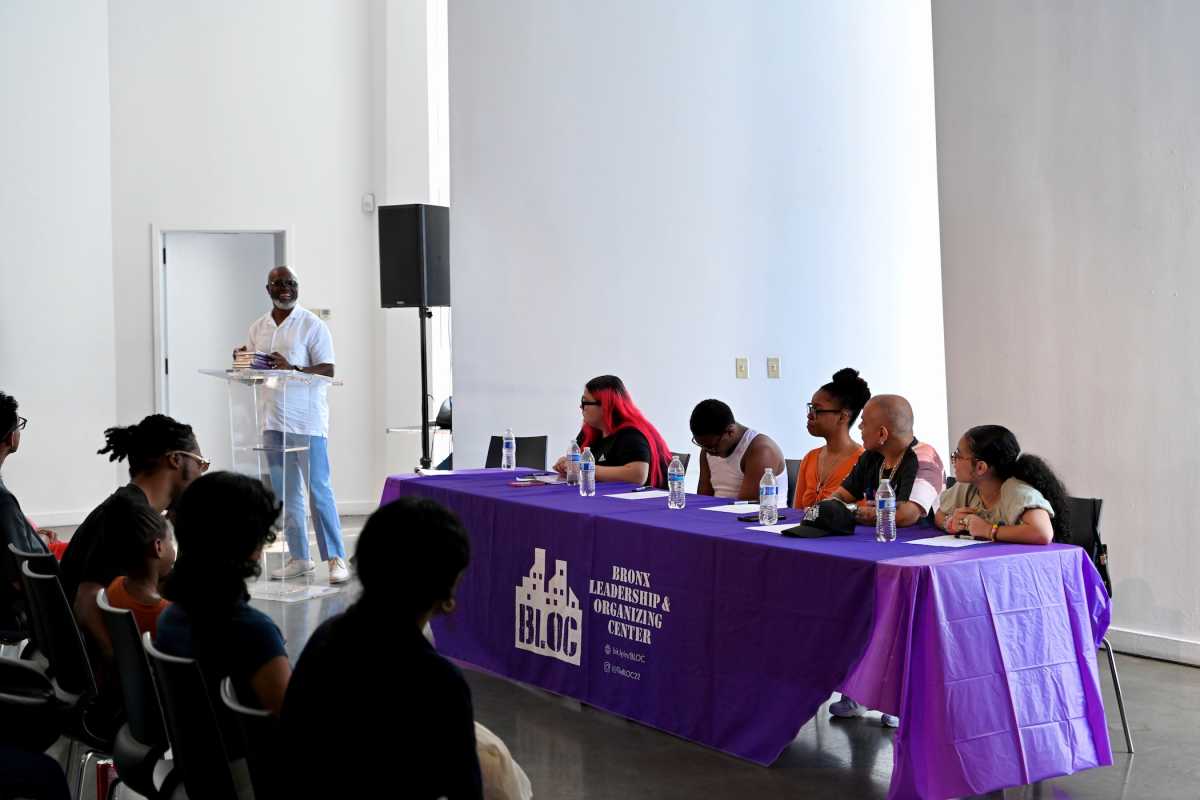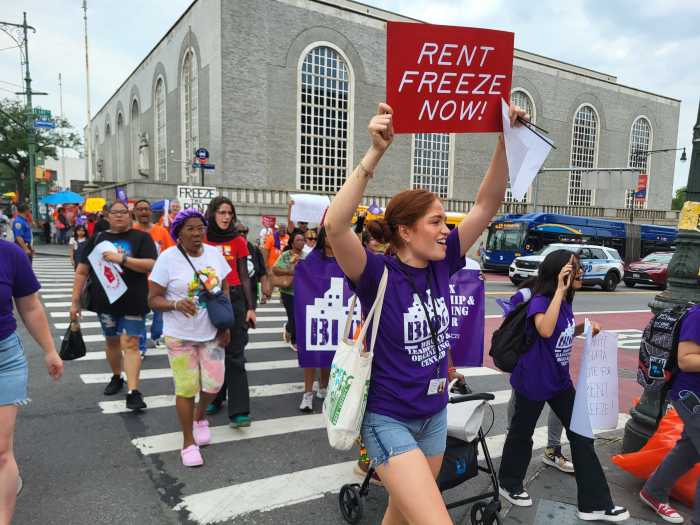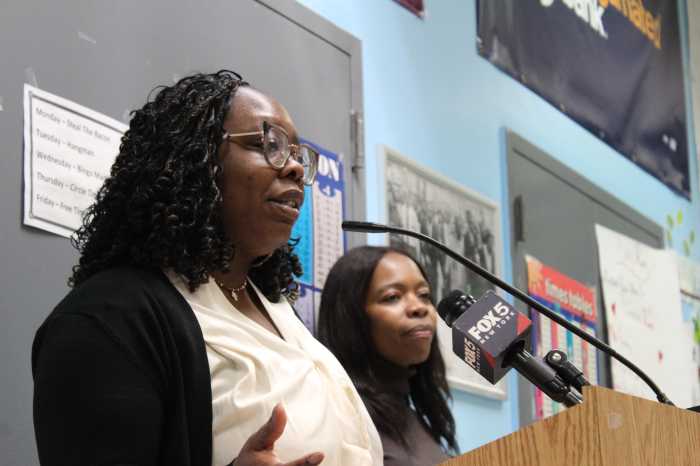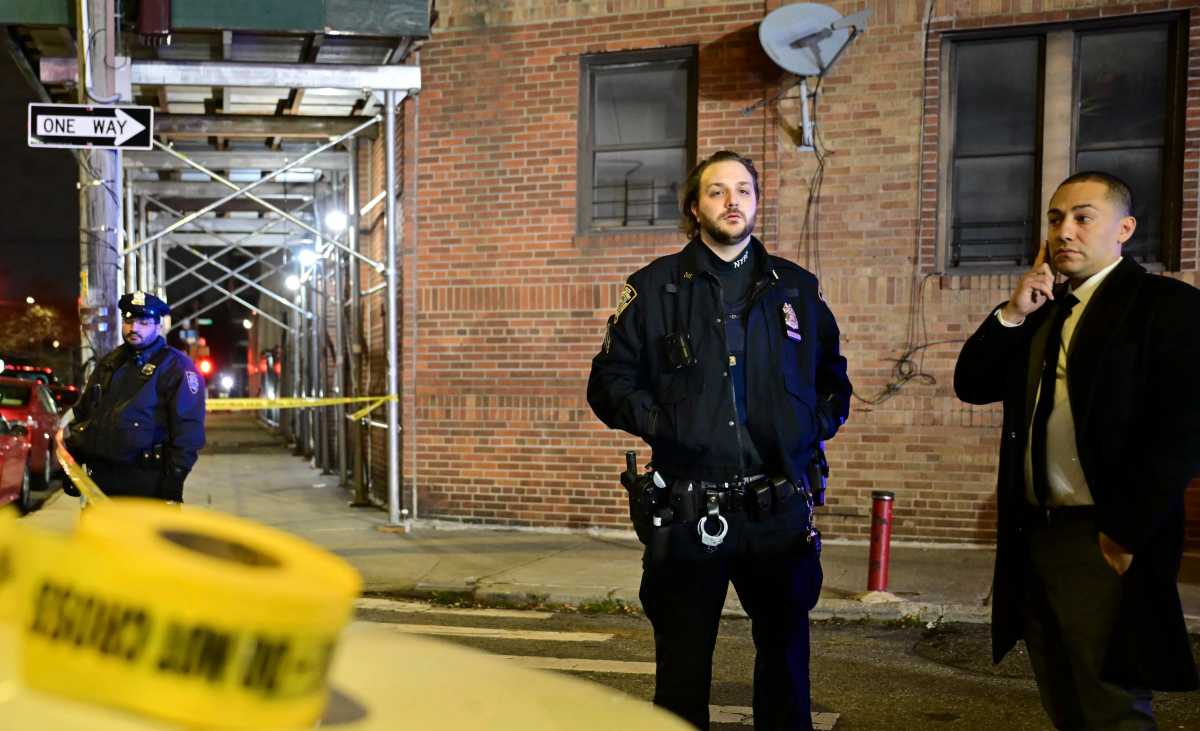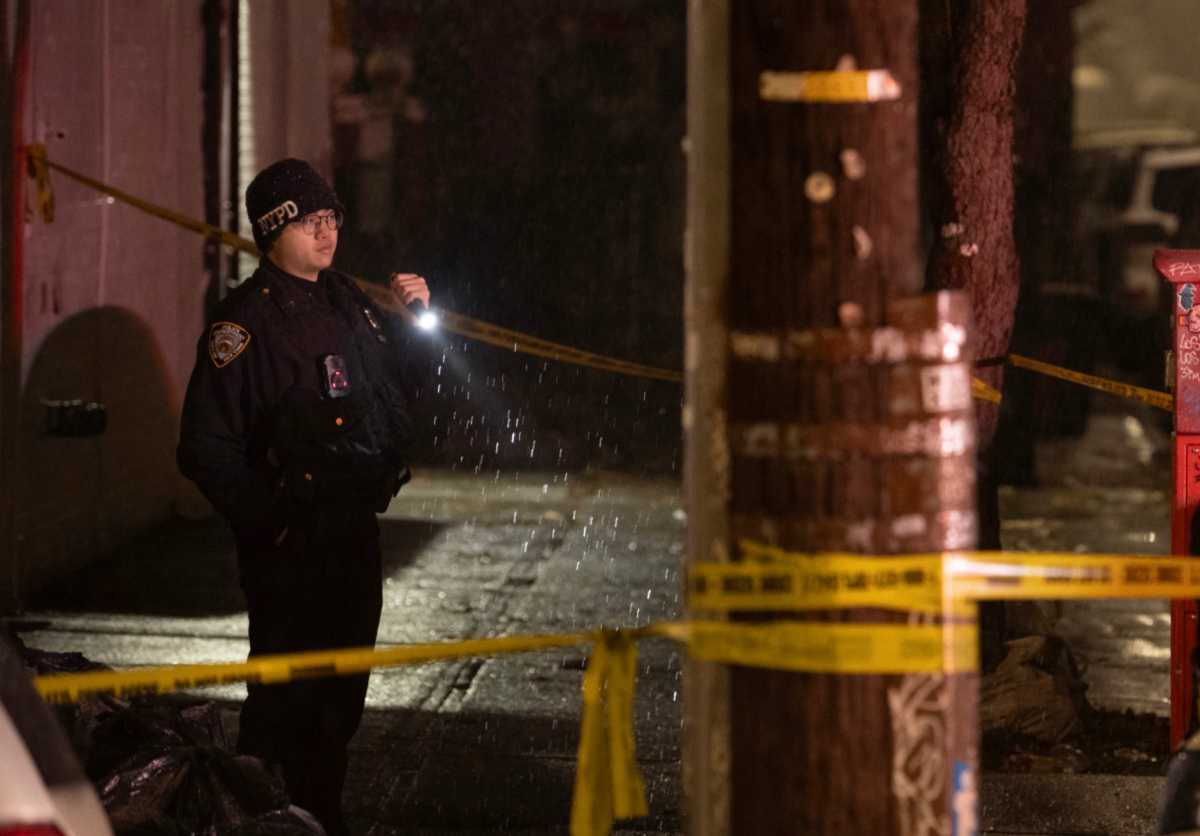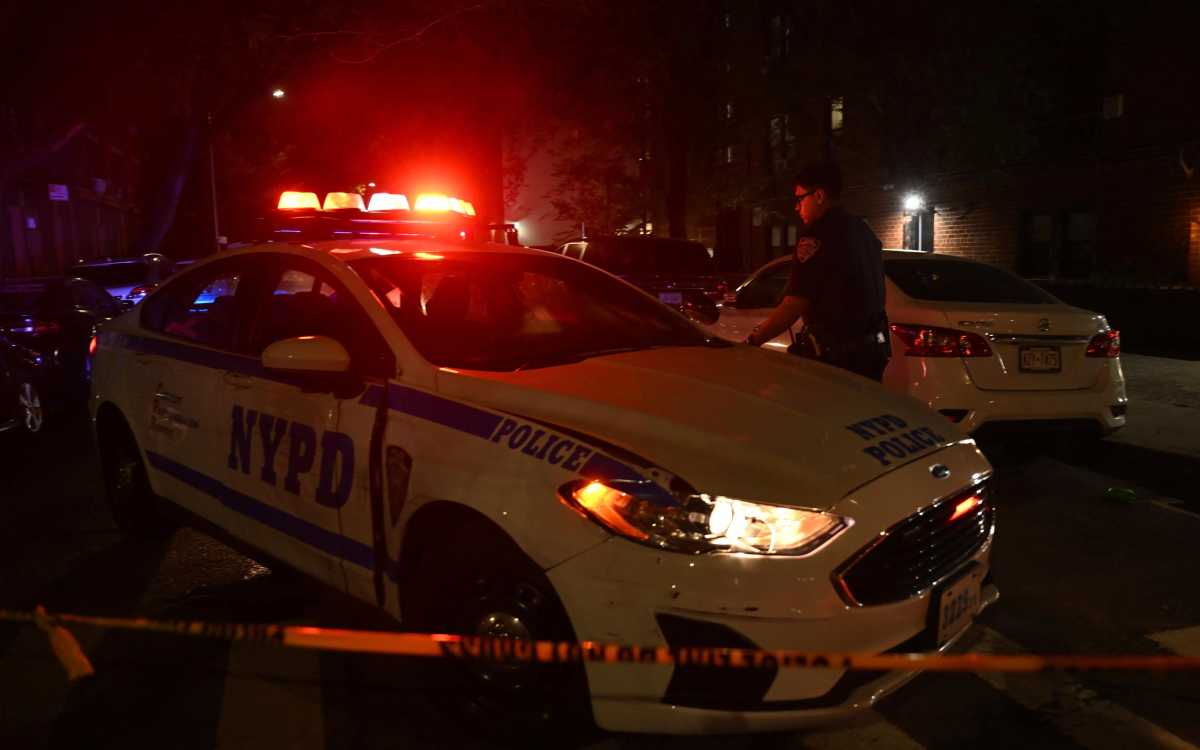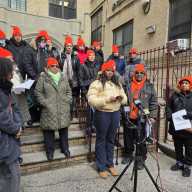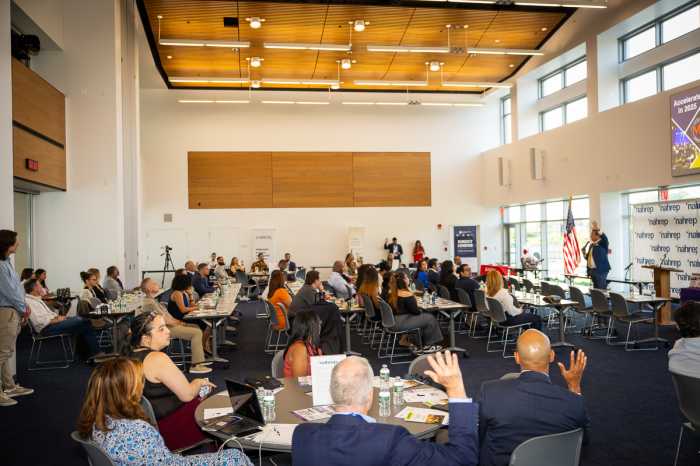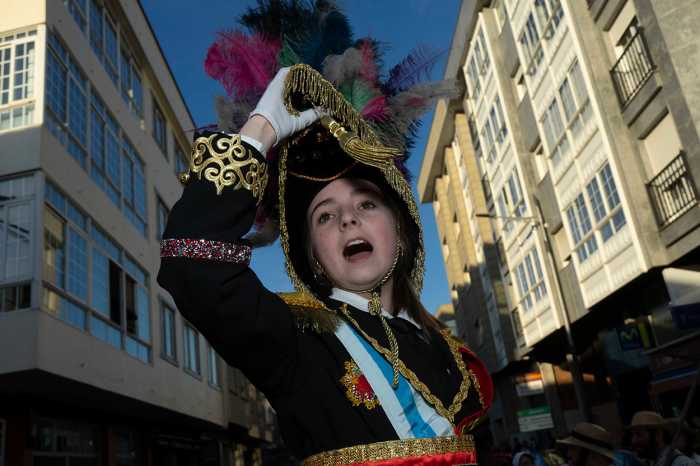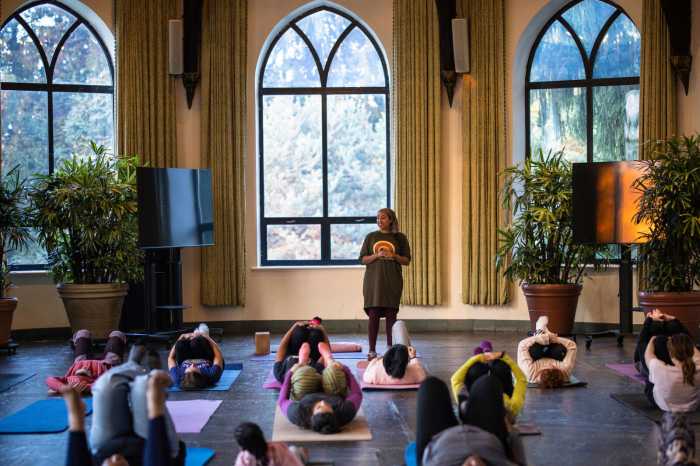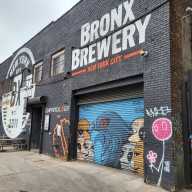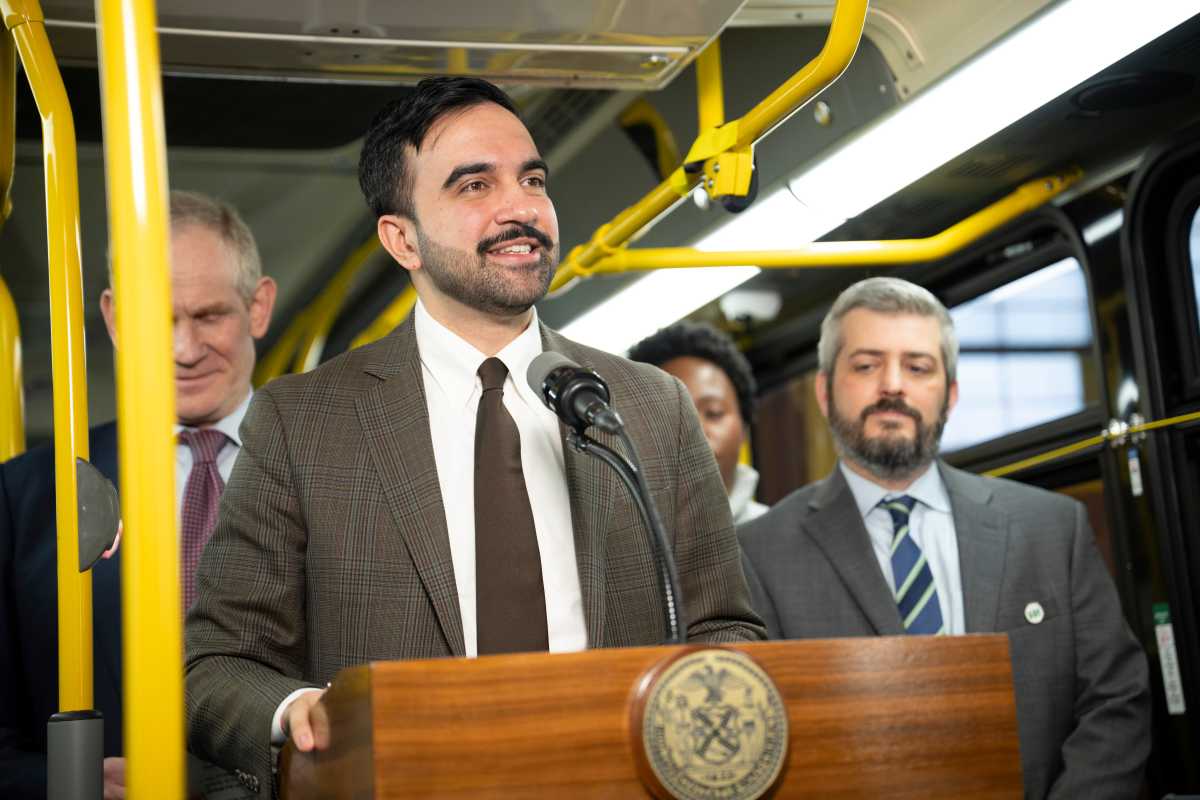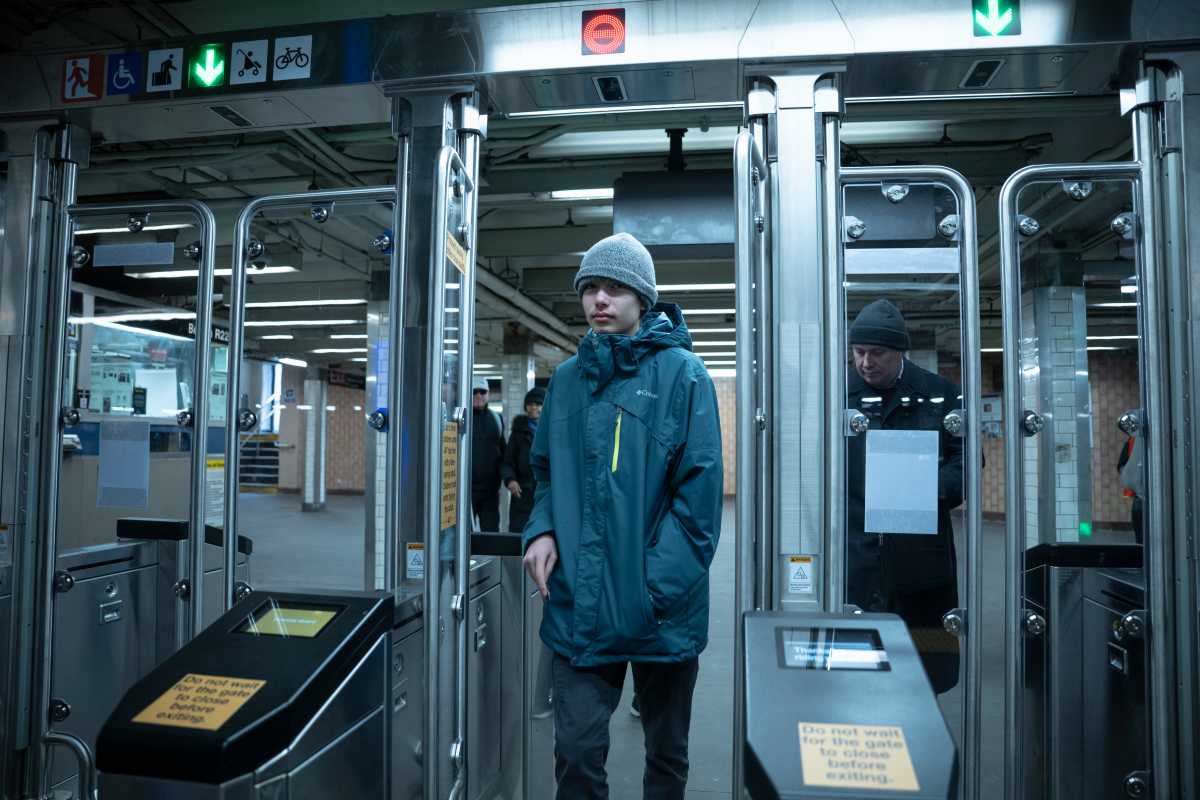A new book is spotlighting the stories of Bronx youth and their journeys through abuse, foster care and incarceration into lives of self determination and freedom.
The book, “The Bronx Writes Back: The Cradle to Prison Pipeline” launched Tuesday night with a packed event at the Bronx Arts Center where co-authors spoke about how creating the anthology allowed them to process pain and even reconnect with family.
It’s a collection of poetry, essays and original artwork by Bronx authors who have been impacted by systems that disproportionately separate Black and brown families and divert young people of color towards incarceration, collectively known as the Cradle-To-Prison Pipeline.
The anthology is the result of a collaborative effort led by economic mobility nonprofit, The Bronx Leadership & Organizing Center (BLOC), co-founded by The Bronx Defenders and a coalition of Bronx authors and artists featured in the book.
“This book is a refusal to be erased, and a powerful reminder of the brilliance that lives in our communities,” said Aleciah Anthony, Director of Community Engagement at The Bronx Defenders.
“These young people are not just telling stories. They’re building a blueprint for justice rooted in truth, vulnerability, and transformation,” Anthony added.
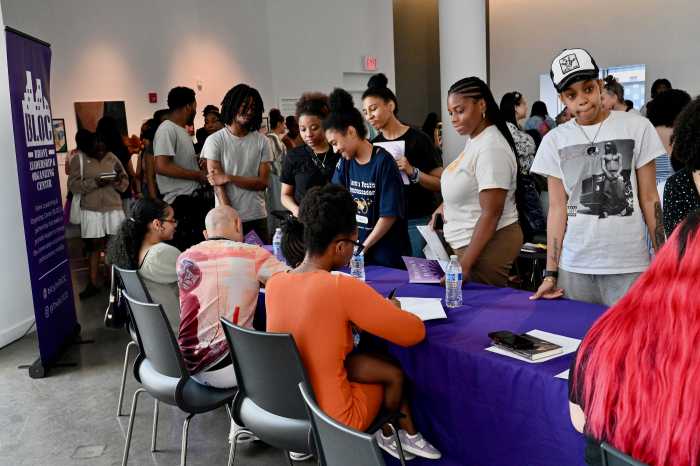
Florentino Laureano, a Hunts Point business owner who was formerly incarcerated, and his 11-year old daughter Steffanie Laureano, both authored pieces for the book. Laureano told the Bronx Times that people who have been convicted of a crime or incarcerated are more than their mistakes.
“ We make errors,” Florentino Laureano said. “Some of us realize it, some of us don’t. But I’m here to represent the ones who do and I’ve been a productive person in the community.”
With a father who had a drug use problem and a mother who was dependent on alcohol, Laureano was often left on his own to make money to buy food, which led him to spending time in the streets, selling weed.
“All I started thinking was how to make fast money with no patience or positive direction,” Laureano said in his short story about his life. “I felt the streets trying to turn me into a young thug…”
After being sent to a youth correctional facility Laureano wrote that he felt like people gave up on him.
“No one, including staff, facility, social workers, family, or so-called friends were there to show me the other side of life,” Laureano said in his story. “I still don’t understand why no one took the time to counsel me but rather predicted that I would be a career criminal…”
It was the beginning of what would become decades, on-and-off, that Laureano would spend behind bars.
But he told the Bronx Times that one person did offer him some inspiration that set him on a path toward becoming a small business owner and a mentor to young people in the Bronx like he did not have growing up. A boxing coach at the youth correctional facility where Laureano spent time in Rochester as a teen.
“She was like, ‘look, you have a talent, you like fighting. We can divert that aggressiveness to assertiveness and you could be good at it,'” Laureano said. “And little do she know that to today I do mixed martial arts, I have my own gym …because I’ve always remembered what she told me at that time.”
Laureano’s daughter shared in an emotional essay for the book, how she has watched her father continue to deal with the trauma and stigma that his time in incarceration left on him. She told the Bronx Times what it’s like to see him in pain.
“ When he was reading his story for the first time, and I saw as he was reading it, those tears in his eyes, having to relive what he went through,” she said. “It broke me because I felt personally.”
The younger Laureano said that although she knows that in the past her father made mistakes, he has always been an example to her, teaching her to be kind and reminding others to stay strong. She told the Bronx Times that her close relationship with her father gave her a different perspective on people who may have committed crimes.
“I try not to judge like other people,” she said. “I try to put myself in their shoes and hearing my dad’s story, it really changed my point of view on others, because people that commit crime, you don’t always know their reasons.”
Also among the authors is 19-year-old Gyselle Valentin, who shared how her lived experience shaped her contributions to the book. Valentin’s writing draws from years spent navigating group homes in foster care that, she said, often failed to protect or support her after she was removed from her mother’s care.
She told the Bronx Times that growing up, she had a lot of anger.
“My mom used to put her hands on me a lot and abuse me,” Valentin said. “So, seeing all that hatred towards me made me really have hatred towards everybody and everything.”
She spent years being bounced around from home to home all over the city. As placements changed, Valentin’s access to school disappeared, and eventually she had missed so much school she did not graduate.
But now that she has left the foster care system and has her own apartment, Valentin is beginning to rebuild her life and trust— she wants to become a social worker and help kids in the foster care system one day.
“I’m definitely excited for just being an adult in general because I’m not in the group home settings, I’m in the real world now just growing up and exploring adulthood the proper way.”
Valentin said the project has connected her with others who share similar experiences. “With this project with the BLOC I got to meet some other amazing authors who just hearing their story is kind of like a support for me.”
“The Bronx Writes Back” will be distributed across schools, libraries, and community centers throughout the borough, with the goal of prompting wider dialogue and advocacy.
The project is part of BLOC’s mission to amplify local voices and promote new solutions to systemic inequities. As one of its first major publications, the anthology highlights the unique perspective of Bronx youth and their role in shaping conversations around justice, identity, and community healing.

